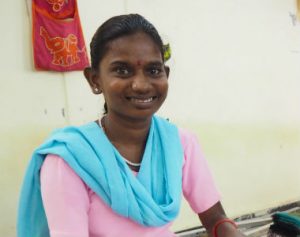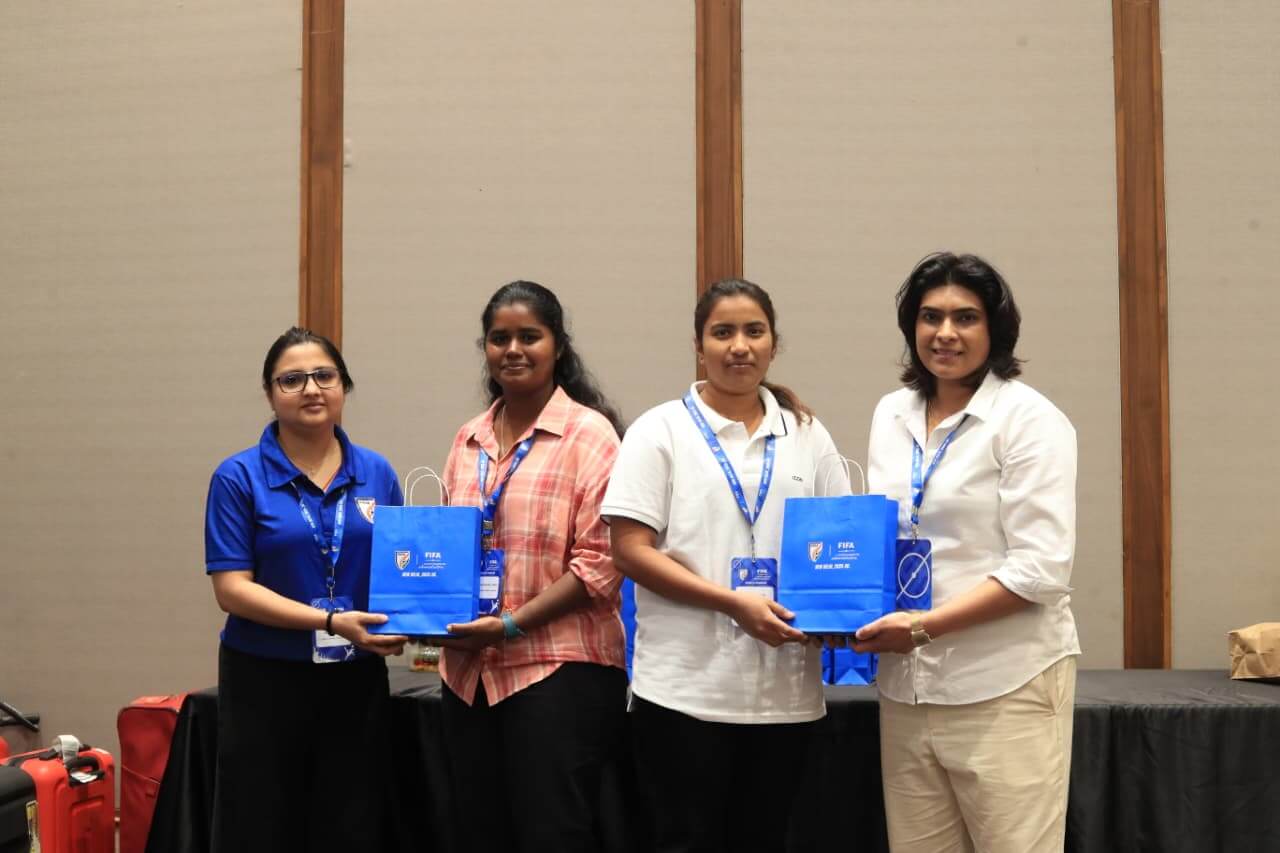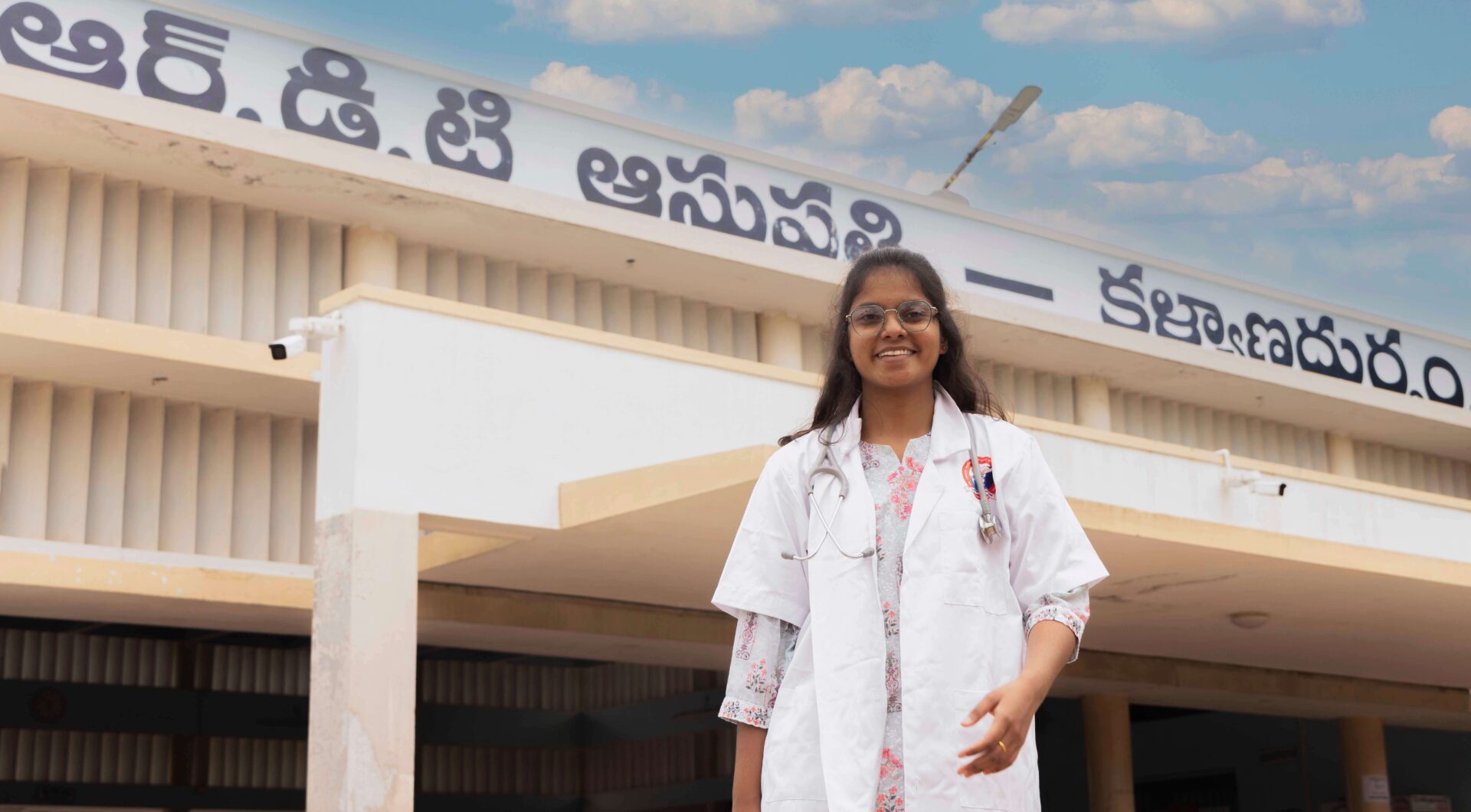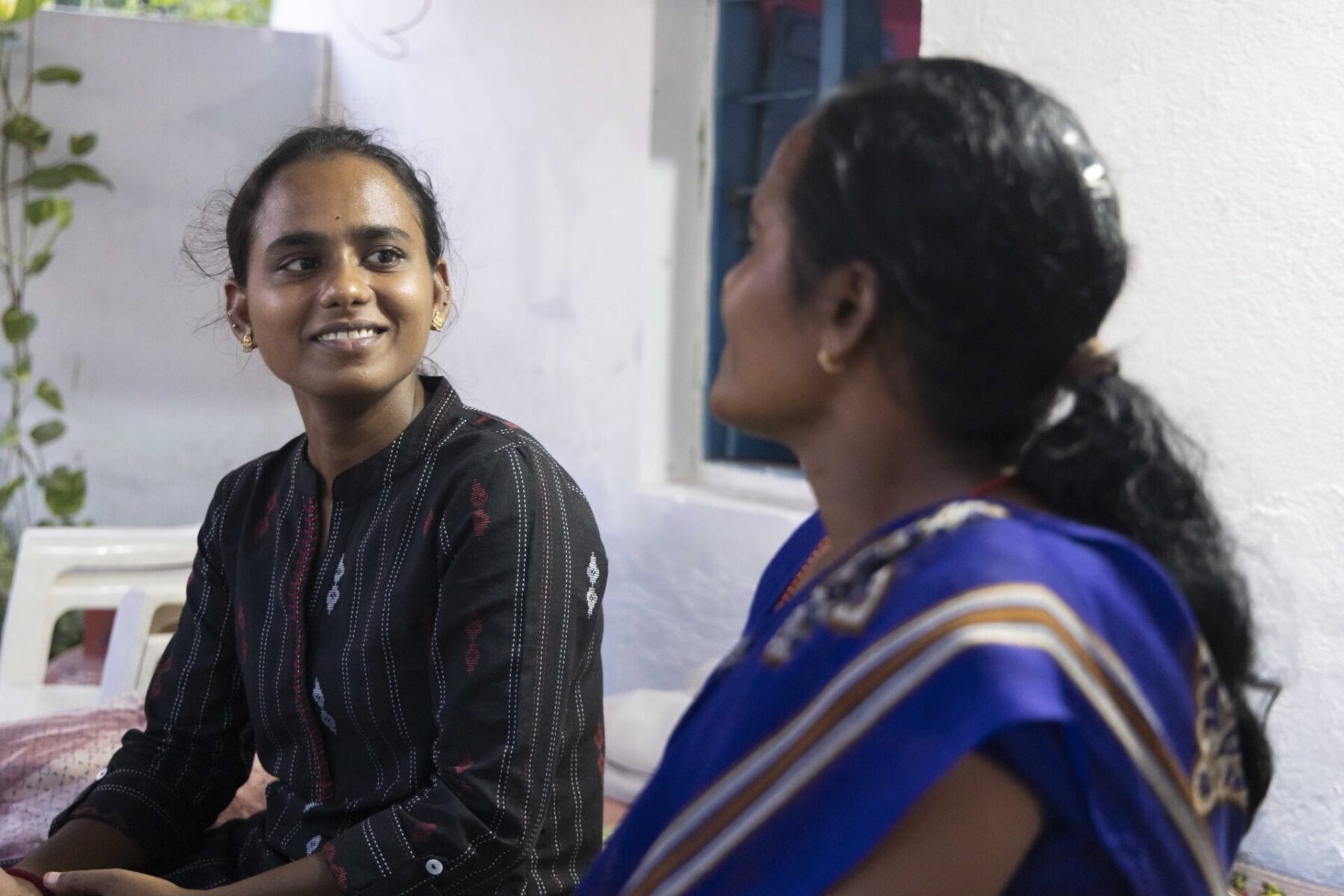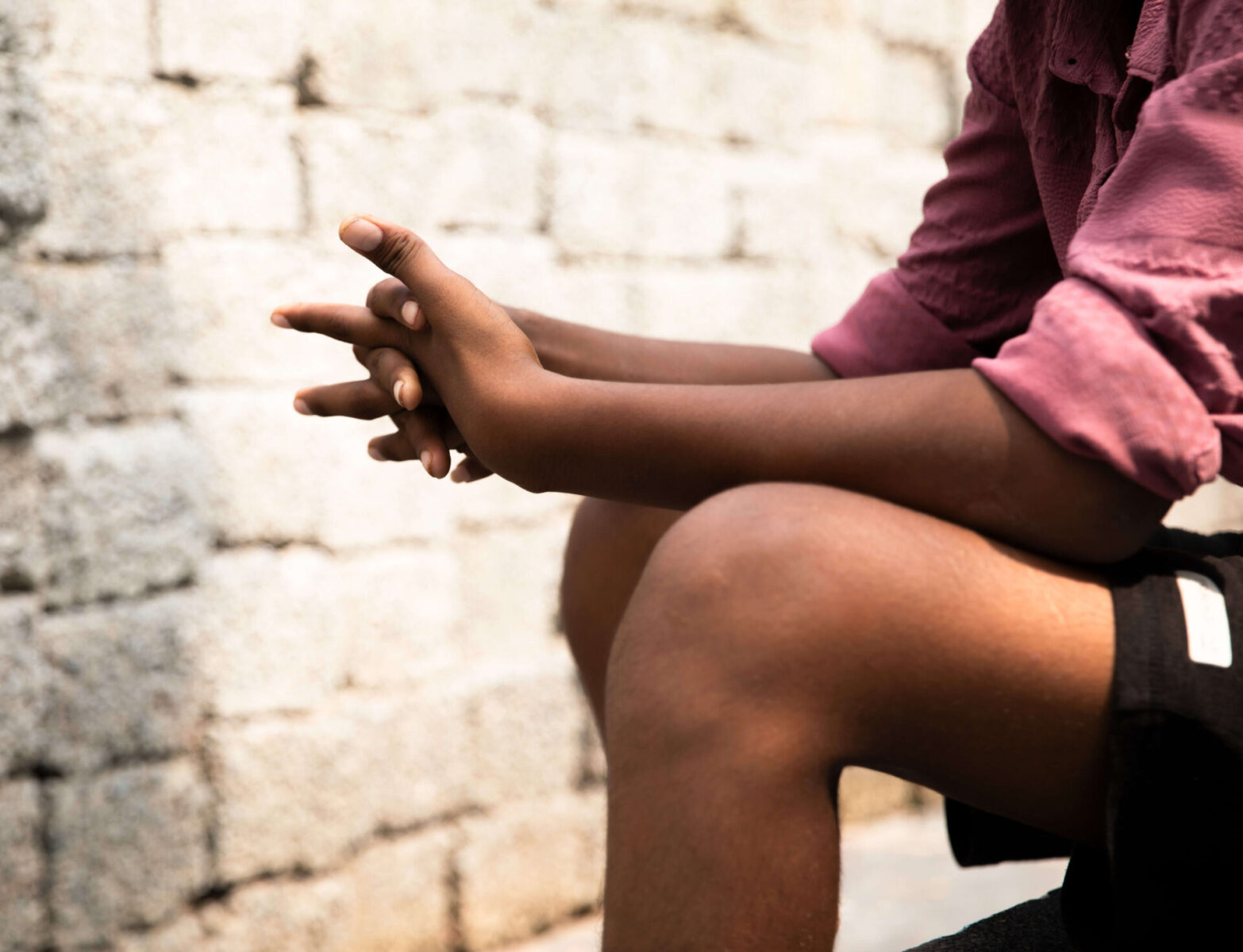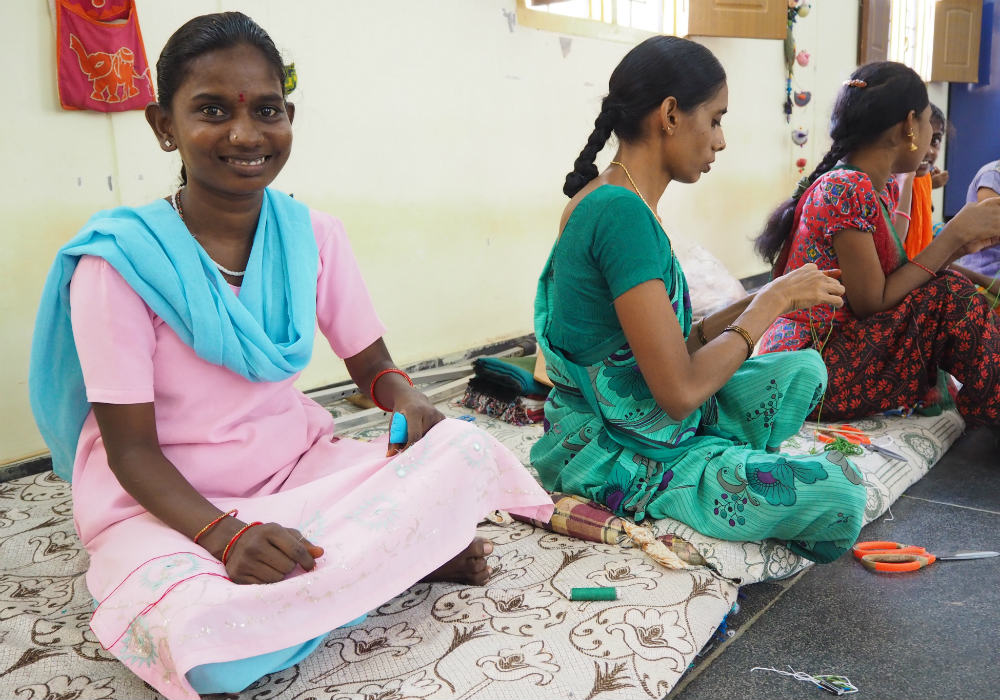
Sharada Talari had a tormented childhood. Born and raised in a small village of the Anantapur district, Andhra Pradesh, she was diagnosed with polio when she was only five, a disease that affected her mobility for the rest of her life. Her parents never particularly cared for her well being and often ill-treated her.
“I was physically abused by my father. He was an alcoholic and every night he used to beat me up for no reason. I was always given less food than my sisters. No one in my family believed that I would survive,” exclaims Sharada.
Sharada completed her tenth grade, however her studies were abruptly interrupted as she suffered her first epileptic seizure.”In school, my classmates were frightened by my seizures. My parents did not consider me as their child anymore. They used to feed me by throwing food on the ground. I had to do all the household chores before going to school,” she adds.
Her grandmother, who cared for her, tried to support her healthcare and offered her 1 lakh rupees. However, her family believed that there was no cure and they terminated all treatments. Not long after Sharada was forced out of school and force to graze the cattle.
An employee of the Rural Development Trust (RDT) got to know about her situation and took her to the hospital. She was then offered a job at the handicraft workshops of the Integrated Development Trust (IDT).
“When I started at the workshop, I was not able to create even one doll a day but over the months I improved my abilities and now I can produce 12 dolls. My instructors have been a real inspiration for me to continue learning. More than a job, this craft has become my passion” says Sharada.
This young woman now considers everyday as a new opportunity and has decided to move forward with her life. “From the time I began working, I started finding happiness in my life. I feel like an adult. Earlier, I considered myself a burden. I was fed up and I did not want to live,” she recalls.
Her father’s alcoholism paid a toll on his health and it was in fact Sharada who used her first salary to get him admitted into hospital. She visits her family once a month and supports them financially when they need it.
Her own health has improved as well. With the correct medication, Sharada has gone from suffering two epileptic seizures per day to not having had any episode in the last year. She has gained confidence and is more sociable.
“In the village no one spoke to me, and they used to call me ‘Thikkadanivi’ (crazy). They used to treat me like an animal and now they care for me as their daughter. People congratulate me for my achievements. Many relatives ask me for help,” she explains while stressing that she has forgiven but not forgotten and that she will not let anyone again take her for granted.
At the workshops, she has found friends and feels loved which has empowered her to be fearless. “I am no longer afraid to go out on the street or to voice out my opinion. I want my family to know that even though I have a disability I can work and earn money. I can also help people without disabilities,” states Sharada.
Her story is an example of strength and courage.

